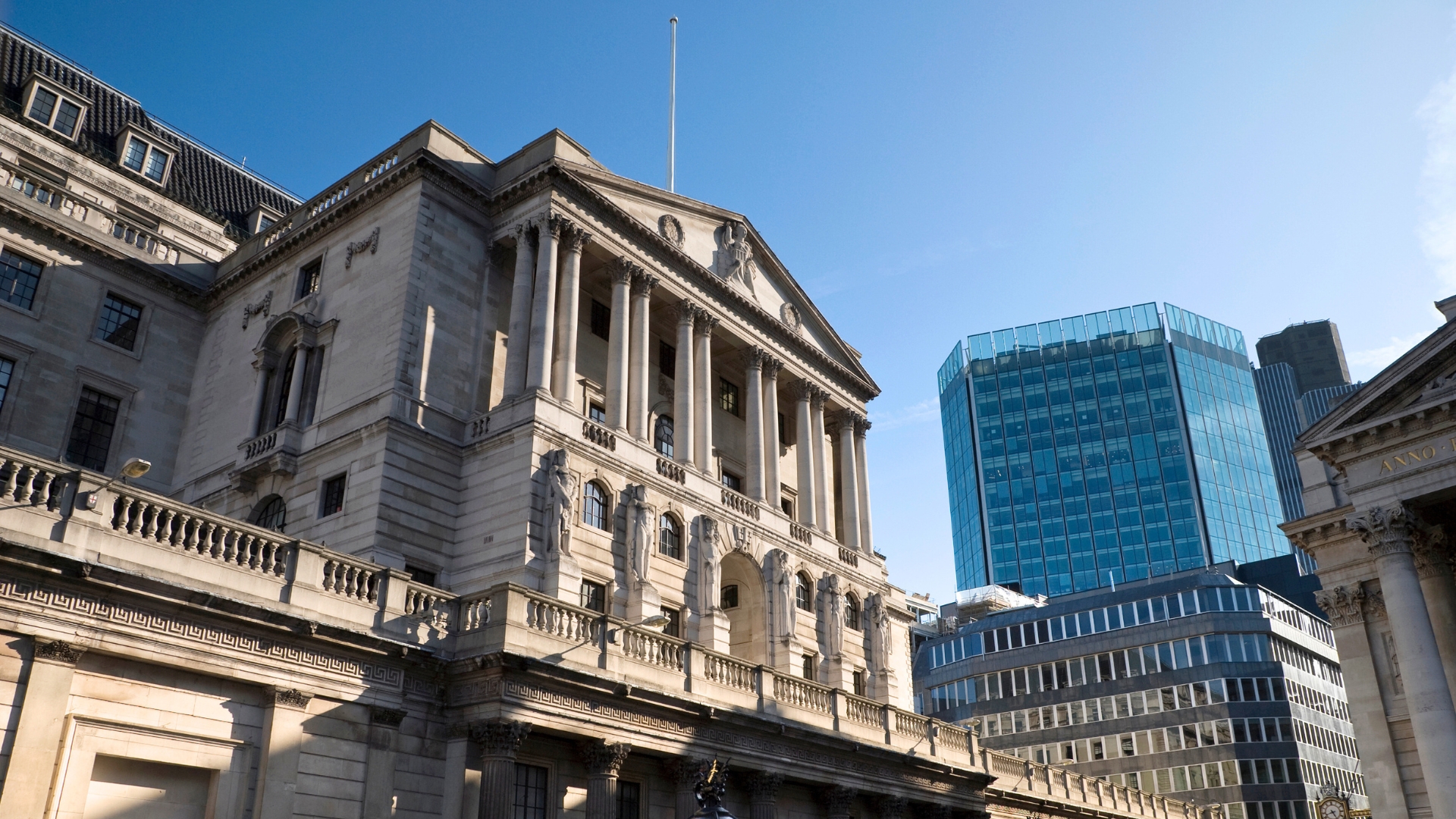How our bespoke security packages give investors protection
CapitalRise creates bespoke security packages for every single loan we fund. A security package will typically include: a legal charge against a prime property asset or site; a debenture filed at Companies House; a personal guarantee from the borrower and for development loans, collateral warranties from all relevant professional parties.
Investors have the benefit of the full security package on any given loan they invest in and CapitalRise will act on behalf of all investors in the event of any loan repayment delay or default. Here is a breakdown of what each element of our security package really means and how it would give CapitalRise investors protection, in the event that the borrower was unable to repay the loan.
Legal Charge
All loans are secured against prime property assets via either a first or second legal charge. This means that on behalf of investors, CapitalRise holds a legal right to force the sale of a property should a borrower be unable to repay a loan.
The ranking of ‘first’ or ‘second’ correlates with the type of loan CapitalRise has provided, which dictates the position CapitalRise investors hold in the capital stack and in turn whether they are in line to be repaid first or second once the loan matures, or in the case of a forced sale of the property.
If CapitalRise holds a first legal charge, we will be able to enforce the sale of the property in the event of the borrower defaulting.
If CapitalRise holds a second legal charge, we will not automatically be able to enforce the sale of the property, we would need to work with the first charge holder, also known as the ‘senior lender’, which is typically a bank or another lender, to enforce the sale. The senior lender will have to agree to the sale of the property, and be repaid in full (including repayment of its costs) before CapitalRise investors receive their return of capital and income.
Should the senior lender object to the sale or should the sale value not be sufficient to cover the repayment of the loan, CapitalRise would look to use other available security to repay investors. You can read more about this in our recent post ‘Understanding the capital stack’.
Debenture
Where possible, the security package for a loan will also seek to include a debenture, which is filed with Companies House if a borrower is registered in England and Wales. A debenture creates a fixed charge over Land and Buildings registered in the name of the borrower and a floating charge over all assets not already charged (for example machinery). The first ranking debenture holder takes priority over all other creditors and in the event of the borrower becoming insolvent, a debenture makes our ability to appoint an Administrative Receiver (who can take control of assets) relatively straightforward.
A debenture prevents further charges being taken out over assets without the prior consent of the debenture holder and therefore can offer an extra layer of comfort to investors, over and above a legal charge.
Personal Guarantee
CapitalRise also aims to secure a personal or corporate guarantee from the borrower or property business owner, which is typically equivalent to 20% – 25% of the total loan we are providing. Our due diligence process includes a thorough analysis of the guarantor’s financial situation including their assets and liabilities, in order to verify that they have sufficient net worth to honour their guarantee if required.
We will always insist that the guarantor receives independent legal advice when entering into the guarantee, to ensure that it is legally binding.
There are two reasons why we secure a personal guarantee. Firstly, it means that the guarantor is personally and financially committed to the success of the project, so they cannot simply walk away if for whatever reason it does not go to plan. Secondly, in the event CapitalRise did have to enforce our security and the debt was not repaid in full following the sale of the property, we would pursue the guarantor for the outstanding balance, up to the level of the guarantee.
For development loans, we often seek ‘cost overrun’ guarantees. This means that if costs go over those originally expected or permitted in a contingency, the guarantor has to cover them.
Collateral Warranties & Step-in Rights
For development loans, our security package may differ slightly. In addition to the security detailed above, under the guidance of our independent project monitor we will also obtain a charge over the building contract and collateral warranties from the project’s professional team, where applicable. Both the charge over the building contract and the Collateral Warranties give CapitalRise ‘step-in rights’.
What this means is that if the developer were to default, CapitalRise could ‘step-in’ and see the project through to completion if necessary, maintaining any existing contracts with the main contractor and other third-parties (e.g. architect; structural engineer or quantity surveyor).
Not all lenders would typically secure collateral warranties, because they do not have the in-house skills or knowledge to take control of a development and see it through to conclusion should the need arise. This is where CapitalRise holds a significant advantage, as our founders have decades of development experience.
Our commitment to thorough due-diligence and high quality lending
For CapitalRise, thorough due diligence is standard practice. We will always aim to construct a best in class security package for every loan we make. Whilst we are yet to have been faced with a situation where enforcing security on a loan is necessary, at CapitalRise we believe it is critical to have robust and effective security packages across our entire loan book, designed to minimise the risk of investors losing capital or return in the event of a default.
While not part of our loan security, CapitalRise’s co-founders personally invest in every loan alongside CapitalRise members. As a result, in their capacity as members of the Credit Committee, our co-founders would never sanction a loan they are not personally comfortable investing in.
Further to this, CapitalRise are extremely selective in which projects we agree to fund – in 2019, we only funded 1% of the £3 billion of loan applications received. To date, we have returned £28 million in capital and return to CapitalRise investors, with zero investment losses or defaults, something we attribute to the high quality of real estate we lend against; the quality of our processes; and the deep level of Prime Real Estate knowledge held by our expert team.
Stress Testing
Our financial modelling gives us a strong indication of how far our loan parameters could be stretched in terms of timescales, costs and market fluctuations. As an example, we stress test all of our potential cases against the following scenarios: a 35% fall in Market Values of completed units, 30% increase in build costs and an 18 month increase in term. This gives us excellent visibility of the pinch points in a project and ensures that we are able to make a detailed and educated assessment of all our deals.
In addition, all our development loans are assessed by an independent Monitoring Surveyor, also known as a ‘Project Monitor’, who is an experienced, qualified chartered surveyor or quantity surveyor. It is their role to assess the project viability through the lens of a qualified build cost specialist, who will utilise their own direct comparable evidence as well as current industry costs and measures. The Project Monitor will in turn produce a detailed report confirming what they perceive to be the strengths and weaknesses of the project, and ultimately its viability, prior to CapitalRise providing any funds related to the construction works.
Loan to value ratios
All the properties we lend against are independently valued by an established firm of Chartered Surveyors. Their valuations are undertaken in line with the Royal Chartered Institute of Surveyors (RICS) guidelines when valuing property for purposes; these guidelines are known as the ‘Red Book’. They require the valuer to apply a value to the property in line with an assessment of comparable properties in the area. The valuation figure regularly matches or is below the amount the developer anticipates they will market the completed property for.
When we advance a loan, we have a loan-to-value ‘LTV’ that limits the loan amount against the most recent Red Book valuation figure we hold, or in the case of development loans our loan to gross development value (the property value when the development is complete) ‘LTGDV’. Our average LTV / LTGDV is 63%, therefore providing on average a buffer of 37% to accommodate cost increases (e.g. construction cost rising) or property values falling.
CapitalRise investments have previously had loan to value ratios of between 46.4% and 74% meaning that property values would have to fall between 53.6% and 26% (depending on the investment) for investors’ capital and return to be at risk.
Investor bonds
Further to our strong loan security packages, investor bonds are structured to provide yet another layer of contingency for CapitalRise investors.
As timings are a key part of any development project, CapitalRise are always mindful of mitigating the risk of potential delays. Within the bond structure of each investment opportunity, a 12 month buffer period is included as standard, adding a further 12 months to the bond term, beyond the expected end date of the underlying loan.
This is important for investor as if delays occur, returns will continue to accrue at the fixed rate during the buffer period.




